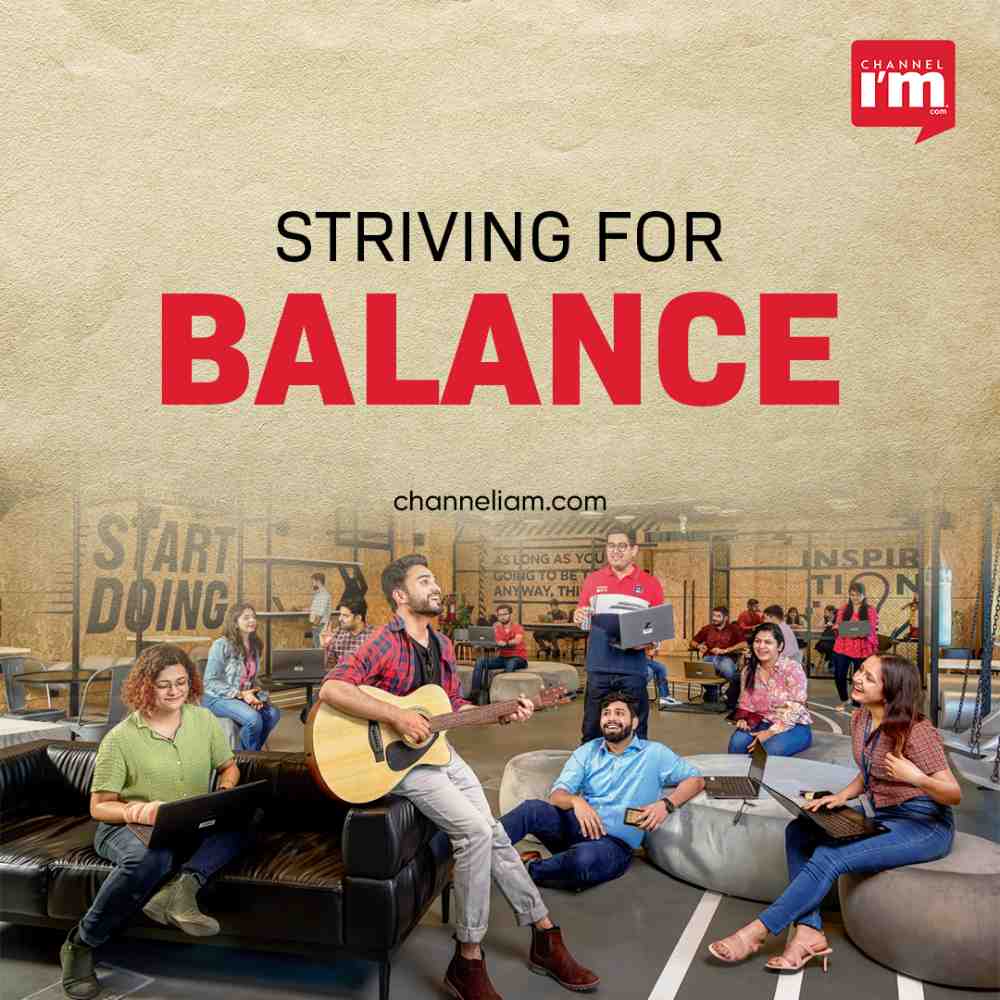A recent survey conducted by Deloitte has unveiled the desires and challenges faced by Gen-Zs and millennials in India when it comes to achieving work-life balance and flexibility. The 2023 Gen-Z and Millennial Survey highlights the aspirations of these generations, who value the ability to maintain a healthy work-life balance but often find it difficult due to the high cost of living. As a result, many of them are forced to seek additional sources of income, leading to a significant portion of them living a ‘paycheck-to-paycheck’ life.

The survey takes into account the impact of various disruptive events, including the global coronavirus pandemic, on the lives and perspectives of these younger generations. While there has been some progress made by employers in addressing these concerns since the pre-pandemic era, the survey indicates that there is still work to be done to meet the expectations of Gen-Zs and millennials.
According to the findings, a considerable percentage of Gen-Zs and millennials in India (66% and 57%, respectively) have taken on part-time or full-time jobs in addition to their primary employment in order to make ends meet. This indicates a strong desire for better work-life balance and the ability to reduce working hours. However, concerns loom over the potential impact of an economic recession on their ability to secure pay raises, maintain flexibility, or find new job opportunities.
While a significant proportion of Gen-Zs and millennials in India (42% and 55%, respectively) express being “very satisfied” with their work-life balance, it is noteworthy that nearly half of Gen-Zs and a majority of millennials still view their job as a central aspect of their identity.
The survey also sheds light on the challenges faced by respondents when trying to disconnect from work. A considerable number of Gen-Zs and millennials (37% and 59%, respectively) admit to answering work emails outside of normal working hours on at least five days a week. This indicates the difficulty they face in establishing boundaries between work and personal life.
Stress levels are also a significant concern for the surveyed Gen-Zs and millennials in India. Approximately 53% of Gen-Zs and 45% of millennials report experiencing stress all or most of the time. Workplace stress is particularly prominent among women, members of the LGBT+ community, and individuals with disabilities. The survey identifies financial worries, concerns about the well-being of their families, mental health issues, heavy workloads, poor work-life balance, and unhealthy team cultures as key contributors to the stress experienced by these generations.
The survey also reveals the impact of social media on financial anxiety. While some respondents view social media as a potential source of income, it often exacerbates their desire to purchase items beyond their means. Approximately 51% of Gen-Zs and 43% of millennials globally admit that social media frequently tempts them to buy things they cannot afford.
Flexibility in terms of where and when they work is highly valued by both Gen-Zs and millennials. The survey indicates that many respondents have embraced hybrid or remote work models, recognizing the value they bring. Flexible work arrangements that allow for various work structures and hours are increasingly becoming a priority for these generations.
Creating an environment that supports work-life balance, flexibility, and personal growth is crucial for employers. By addressing the aspirations and concerns of Gen-Zs and millennials, businesses can foster a resilient workforce and contribute to a more harmonious professional landscape that benefits both employees and organisations alike.
